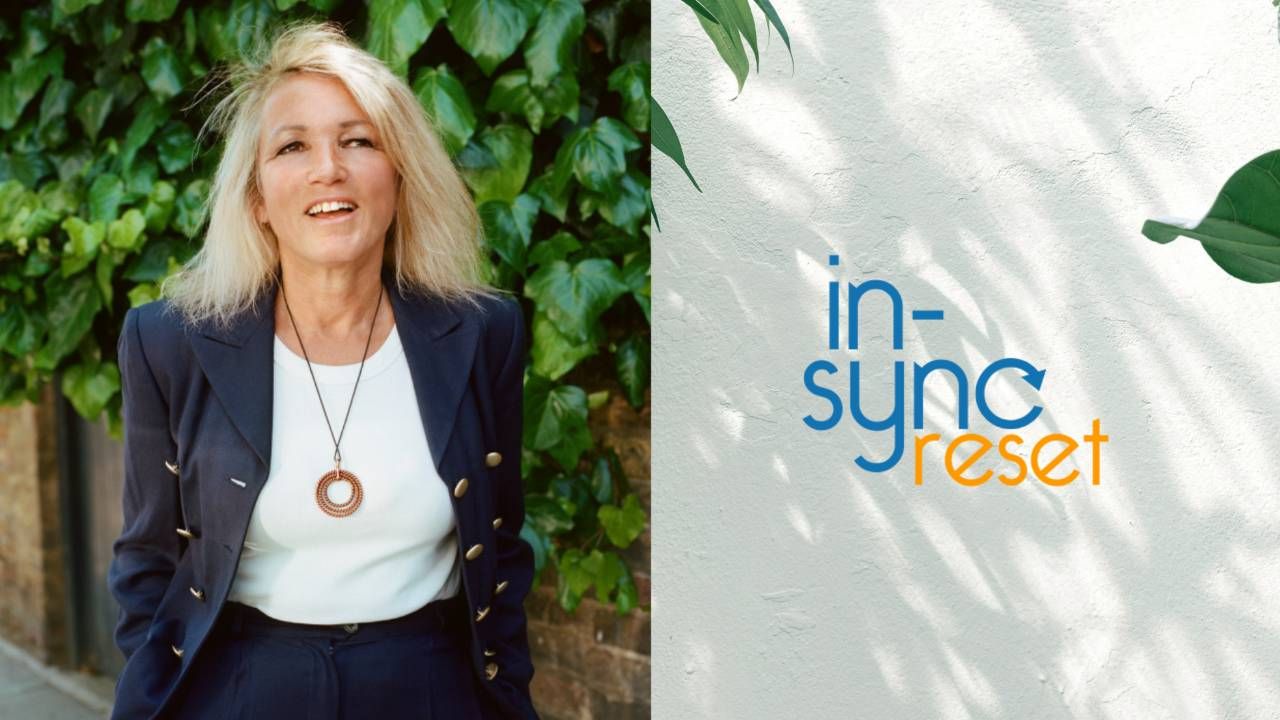Reconnecting with Challenge: Returning to Natural Decision-Making
Oct 20, 2025
Reconnecting with Decision-Making
Hunter-gatherer societies thrived not because they were immune to stress, but because their entire lifestyle was built around adaptive challenges. Decisions were made in the moment, based on changing weather, shifting food sources, or the threat of predators. These decisions weren’t made in sterile environments under fluorescent lights, but in the real world, with real consequences. Their cognitive and emotional systems were constantly engaged, constantly learning. And perhaps most importantly, their bodies and brains were aligned with their environments.
Today, we live in a world of relative physical ease, abundant food, central heating, and constant connectivity. And yet, we are burdened with chronic illnesses, inflammatory disorders, emotional dysregulation, and an inability to adapt. This paradox is a clear sign that we’ve drifted far from the natural rhythms and challenges our bodies were built for. We’ve outsourced effort. We’ve eliminated discomfort. We’ve even started to pathologize normal emotional experiences like sadness or fear.
But the truth is, our stress response system hasn’t caught up with modern life. It still expects to respond to real, natural threats like hunger, cold, or physical exertion. Instead, it's being triggered by artificial lights, constant notifications, endless choice, and social isolation—threats our immune system doesn’t know how to process. This mismatch between environment and biology leads to confusion in our adaptive systems, producing low-grade chronic stress and inflammation.
And yet, this isn’t a reason for despair—it is a powerful call to action. If our illnesses are rooted in disconnection, then our healing must begin with reconnection. Reconnection to our body’s natural cues. Reconnection to meaningful, biologically appropriate challenges. Reconnection to the environment, to community, and most crucially, to purpose. We don’t need to return to the Stone Age to benefit from this wisdom. But we do need to reintroduce intelligent stressors into our lives—those that build strength, stimulate growth, and reawaken our adaptive capacities.
Cold exposure, intermittent fasting, barefoot walks, physical exertion, and natural light are all tools that remind our bodies of their resilience. Even choosing stairs over elevators, letting ourselves get a little hungry before eating, or turning the heating down slightly can act as signals to our system: You are capable. You can adapt. When our stress response is met with the right mindset—a belief that we can overcome, learn, and grow from challenge—cortisol becomes an ally, not a toxin. It mobilizes energy, sharpens focus, and prompts the regeneration of neural pathways. It is not stress itself that causes harm, but the lack of recovery, the lack of meaning, and the absence of perspective. We also need to stop labelling emotions as "toxic." Fear, sadness, anger—these are ancient navigational tools. They become harmful only when suppressed, ignored, or misunderstood. Embracing discomfort, emotional or physical, is not just an act of courage; it's an act of alignment with our biology. When we give space to these emotions and listen to their messages, we unlock one of the most powerful tools of adaptation: emotional intelligence. Modern society often tries to shield us from risk. But in doing so, it also shields us from the very experiences that build resilience.
Our ancestors made decisions based on survival, but those decisions were also based on instinct, emotion, and context. They didn’t need a flowchart to decide what to do next—they relied on interoception, the internal sense of what the body needs, and the courage to act. Today, we can honour that legacy by learning to listen again. By noticing our emotions without judgment. By making space for discomfort. By choosing the right kind of challenges. And most importantly, by reconnecting with our true nature—not the consumer version, but the resilient, adaptive, emotionally rich version that is still alive in us.
Want to know more about In-Sync Reset
A step-by-step metabolic and nervous system reset that improves body composition, reduces inflammation, restores hormone balance, and builds long-term resilience. Includes weekly lessons, live coaching, and a supportive community.
